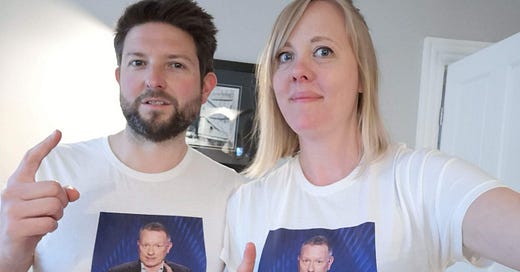The Eurovision Song Contest made me move to Europe
Some people think it’s just a silly music show. I think it changed my life
Keep reading with a 7-day free trial
Subscribe to This much I know to keep reading this post and get 7 days of free access to the full post archives.





